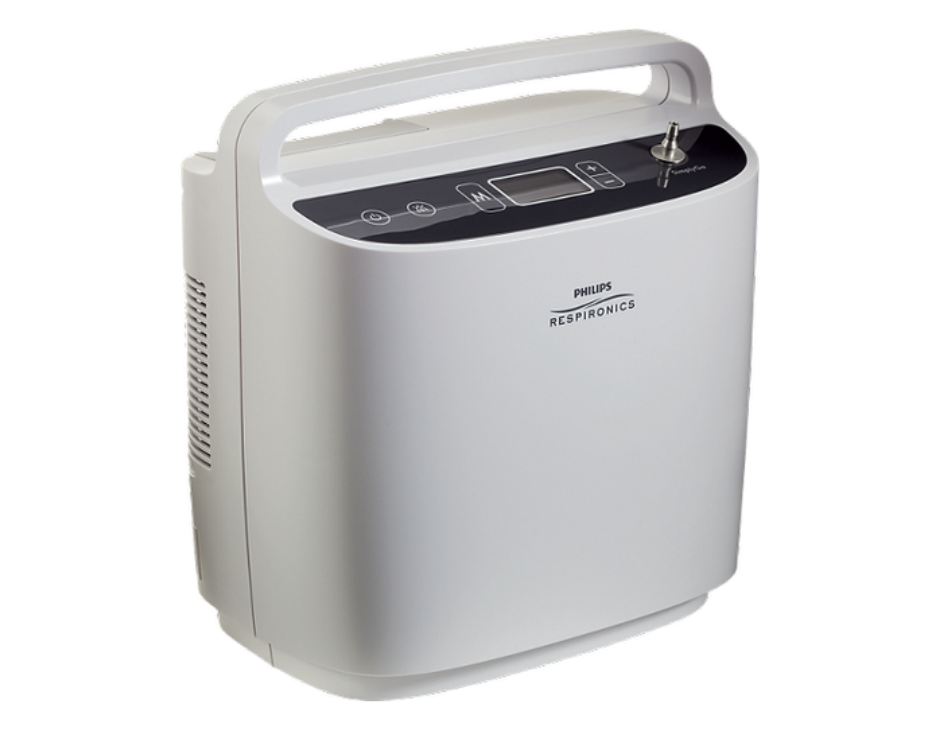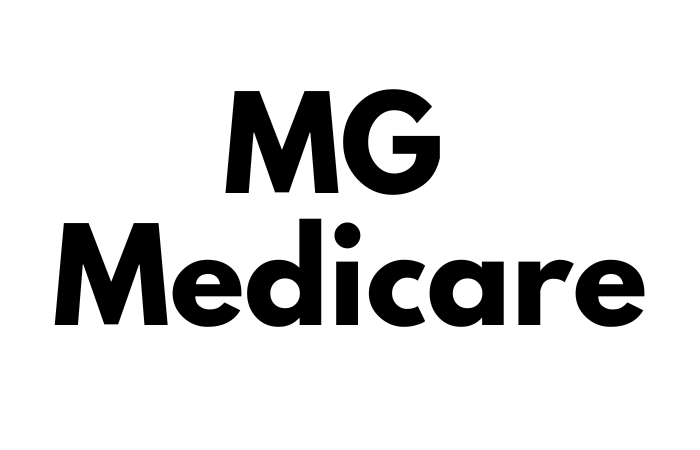Product Category
ECG Machines
Use this coupon at checkout for ₹100 off all Purchases
100off
Showing all 4 results
-
Sale!

BPL Cardiart 8108 View 6-channel ECG Machine
Original price was: ₹100,000.00.₹82,500.00Current price is: ₹82,500.00. -
Sale!

BPL Cardiart 9108 12-channel ECG
Original price was: ₹115,000.00.₹101,900.00Current price is: ₹101,900.00. -
Sale!

BPL Cardiart 9108D 12-channel ECG Machine
Original price was: ₹110,000.00.₹94,900.00Current price is: ₹94,900.00. -
Sale!

Zoncare iMAC300 3 channel ECG | Megamed
Original price was: ₹45,000.00.₹35,000.00Current price is: ₹35,000.00.
An electrocardiogram (ECG) is a simple test that can be used to check your heart’s rhythm and electrical activity.
An electrocardiogram is a kind of test that looks at your heartbeat, rhythm, and electrical impulses of your heart. They monitor the electrical activities of the heart and show it as a graphical representation which is known as an electrocardiograph. By monitoring, they provide us information if the heart has enlarged due to hypertension i.e. high blood pressure or any other kind of myocardial infarction. This test is carried out by a trained healthcare specialist at clinics and hospitals. This test mainly involves attaching a small number of small and sticky sensors i.e. known as electrodes to your arms, legs, and chest from where these electrodes monitor electrical signalling of the heart.
Sensors attached to the skin are used to detect the electrical signals produced by your heart each time it beats. These signals are recorded by a machine and are looked at by a doctor to see if they’re unusual. An ECG may be requested by a heart specialist (cardiologist) or any doctor who thinks you might have a problem with your heart, including your GP. The test can be carried out by a specially trained healthcare professional at a hospital, a clinic or at your GP surgery. Despite having a similar name, an ECG isn’t the same as an echocardiogram, which is a scan of the heart.
An ECG is often used alongside other tests to help diagnose and monitor conditions affecting the heart.
An Electrocardiogram is often used alongside other tests to help diagnose and monitor conditions affecting the heart. It can detect so many abnormalities of malfunction happening inside our hearts.
It can be used to investigate symptoms of a possible heart problem, such as chest pain, palpitations (suddenly noticeable heartbeats), dizziness, and shortness of breath.
An ECG Machines is usually used when symptoms of a heart problem, such as chest pain, palpitations, dizziness, and shortness of breath surface. It is frequently used in conjunction with other tests to help diagnose and monitor heart conditions.
An ECG can help detect
> arrhythmias – where the heart beats too slowly, too quickly, or irregularly
> coronary heart disease – where the heart’s blood supply is blocked or interrupted by a build-up of fatty substances
> heart attacks – where the supply of blood to the heart is suddenly blocked
> cardiomyopathy – where the heart walls become thickened or enlarged
A series of ECGs can also be taken over time to monitor a person already diagnosed with a heart condition or taking medication known to potentially affect the heart.
There are several different ways an ECG can be carried out. Generally, the test involves attaching a number of small, sticky sensors called electrodes to your arms, legs, and chest. These are connected by wires to an ECG recording machine
You don’t need to do anything special to prepare for the test. You can eat and drink as normal beforehand.
Before the electrodes are attached, you’ll usually need to remove your upper clothing, and your chest may need to be shaved or cleaned. Once the electrodes are in place, you may be offered a hospital gown to cover yourself.
The test itself usually only lasts a few minutes, and you should be able to go home soon afterward or return to the ward if you’re already staying in hospital.
There are 3 main types of ECG
> a resting ECG – carried out while you’re lying down in a comfortable position
> a stress or exercise ECG – carried out while you’re using an exercise bike or treadmill
> an ambulatory ECG (sometimes called a Holter monitor) – the electrodes are connected to a small portable machine worn at your waist so your heart can be monitored at home for 1 or more days.
Types of Electrocardiogram Waves Produced During Checkup:
- The P-wave:
It represents the electrical excitation (or depolarisation) of the atria, which leads to the contraction of both the atria.
> Features of P- wave:
P duration < 0.12 sec
P amplitude < 2.5 mm
Frontal plane P wave axis: 0° to +75°
May see notched P waves in frontal plane
- The QRS Complex:
It represents the depolarisation of the ventricles, which initiates the ventricular contraction.
> Features of QRS complex:
QRS duration ? 0.10 sec
QRS amplitude varies from lead to lead and also from person to person. Two determinants of QRS voltages are:
Size of the ventricular chambers (i.e., the larger the chamber, the larger the voltage) the nearness of chest electrodes to the ventricular chamber (the closer, the larger the voltage)
- T-wave:
It represents the return of the ventricles from an excited to normal state (repolarisation) and the end of the T-wave marks the end of systole.
The normal peak of the T wave is usually in the same direction as the QRS wave except in the right precordial leads. In the normal ECG the T wave is always upright.
By counting the number of QRS complexes that occur in a given time period, a person can determine the heartbeat rate of an individual.
Differences between Types of ECG are as follows
Resting ECG
This is the most common type of electrocardiogram and the simplest to carry out. It’s performed when the person is lying still, hence the name resting ECG. It’s usually done as part of a routine checkup to detect heart conditions before any signs or symptoms appear. The electrical activity of your heart is recorded from 12 electrodes on your chest, arms, and legs at the same time. The patient is asked to lie down or sit up for 5–10 minutes for the duration of the test. The results will typically reflect your heart at rest. Because of the number of electrodes used, it’s also called a resting 12-lead EKG.
Exercise ECG
Exercise ECG, also known as a treadmill test or stress test, is performed on the patient while they’re walking on a treadmill or pedaling a stationary bicycle. The intensity of the exercise is gradually increased while breathing rate and blood pressure are monitored. This test is run to detect any coronary artery diseases or determine the safe exercise level for a patient after they’ve had a heart attack or heart surgery. Patients are usually asked to fast and refrain from taking certain medications in order for this test to provide a clear and unbiased result. This makes sure the machine records the heart without any interference.
Holter Monitor
Holter monitor or ambulatory ECG is a type of electrocardiogram that’s used to continuously monitor the ECG tracking for a duration of 24 hours or longer.
The small plastic patches or electrodes are applied to specific areas. Then, the electrical activity is monitored, measured, and printed out for the doctor’s future reference. The electrodes are linked to a small portable machine that’s attached to your waist, hence allowing you to monitor your heart at home for a day or more.
Top 5 ECG machines in India are as follows
- BPL ( BPL Cardiart 9108 D)
- Nihon Kohden (Cardiofax S-1250)
- Nidek ECG Machine ( Nidek 712)
- SCHILLER ( Cardiovit AT-1)
- GE ( GE MAC 400 )
ECG Machines Price In India
ECG Machines Price in India starts from ₹ 35000 and goes upto ₹2 Lakhs depending upon the brand, accessories & warranty coverage .
Buy ECG Machine at the lowest price from MG Medicare. We provide 100% genuine ECG machines that come in original manufacture packing.MG Medicare is the best online and offline medical equipment supplier in India. It offers the lowest ECG prices for hospitals, clinics, nursing homes, and patients. It provides the best quality and support with an award-winning customer care team. With us, you will find the best ECG in India. For offline stores, you can visit your nearby stores in New Delhi and Lucknow. Call us at 9310629328 for the best price and products or mail at contact@mgmedicare.in

We’ve Got You Covered
Diversity in the product range, affordable rental services, 24/7 customer support & emergency response, personalized contact are some of our advantages that make the customers attracted towards us because we give them complete medical related solutions under one roof. We believe health can be protected if you get the right solution at time.
If you are someone who is looking for a holistic approach for health and home care, then we are the right platform to help you in your every need of medical goods.
MG Medicare
We are #1 Medical Devices Supplier in India. 500+ products, 50+ Top Healthcare Brands Under One roof.
Contact Us
M-46 Sector 70 Noida Uttar Pradesh 201301
Working Hours
M-F - 11 AM to 8 PM
Sat- 11:30 AM to 7 PM
Sun: 11:50 AM to 6 PM
